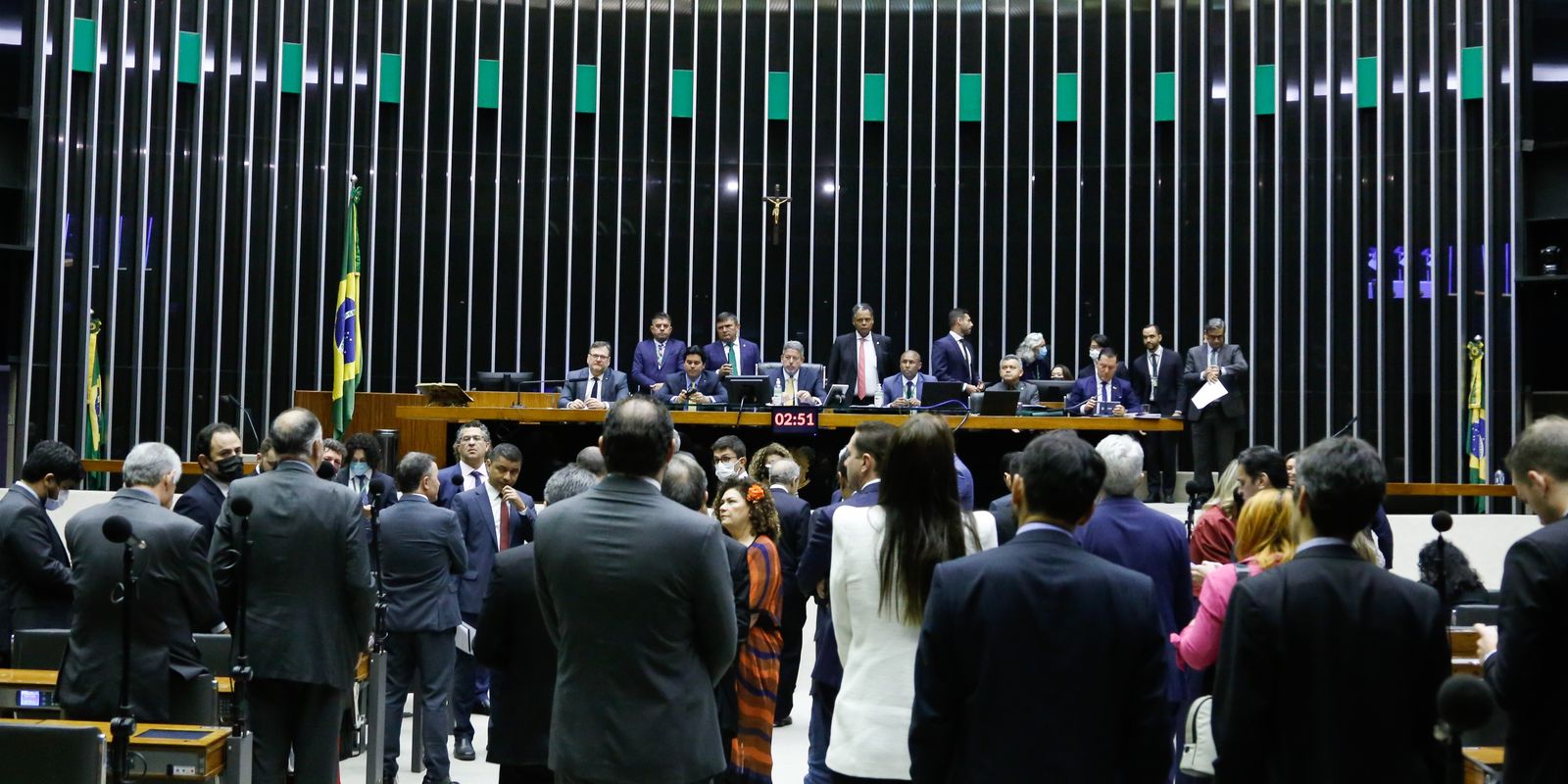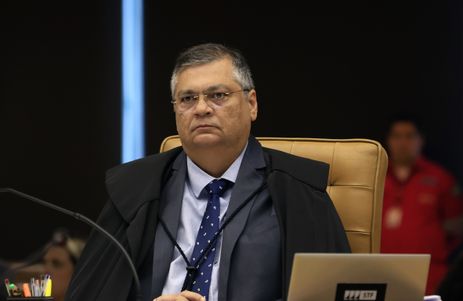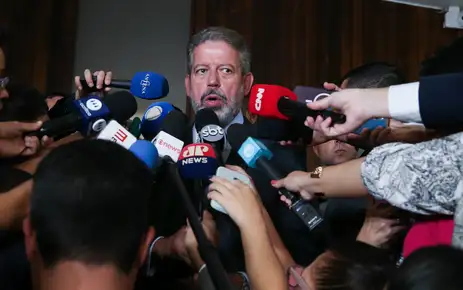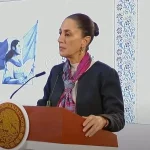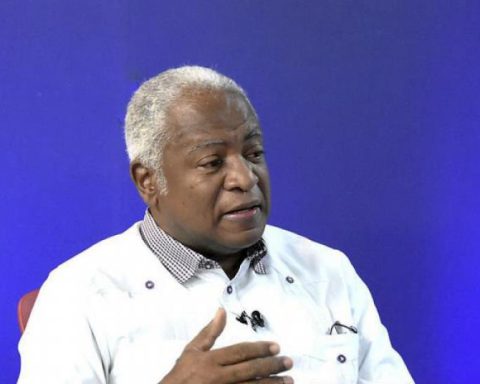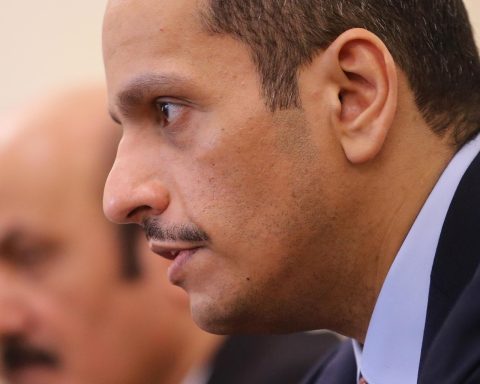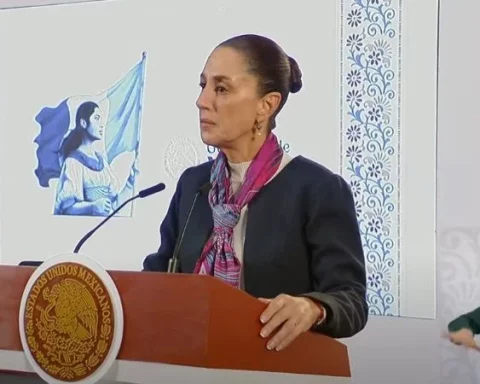The increase in budget execution by the Legislature – initiated in 2015 through mandatory amendments – worsens the capacity for planning public policies and their execution, reducing the efficiency in the provision of services to the population.
The assessment is from the political advisor at the Institute of Socioeconomic Studies (INESC), Cléo Manhas, who works in the areas of budget, rights and tax justice.
The specialist highlighted that the money for mandatory amendments is not provided for in the Multi-Year Plan (PPA), weakening the Executive’s planning to implement public policies since the resource in the hands of parliamentarians is significant – R$49.2 billion in 2024, around a quarter of the total non-mandatory spending, which is what the Union has for investments.
“The government sets out its campaign promises in the PPA. It lists the priorities, goals and indicators that you have to meet year after year. Then the members of parliament come along and have enormous resources and can direct them wherever they want. As a result, the logic of programming and planning takes a back seat,” he explained.
“At the same time that Congress approves the PPA, it contributes to the withdrawal of resources so that this plan can be met,” he added.
A study produced by PhD in economics and Insper researcher Marcos Mendes, published in 2022, concluded that the portion of the budget under control of the Legislature in Brazil is 20 times greater than the average for countries in the Organization for Economic Cooperation and Development (OECD).
Cléo Manhas argued that the execution of resources from parliament does not have the same quality as that produced by the Executive.
“The Legislative Branch has no structure and was not created to execute. The research bodies are all linked to the Executive Branch. The planning capacity and the structure for executing public policies are in the ministries,” he highlighted.
On the other hand, parliamentarians argue that they are in the states and municipalities and know the real needs of the population better.
Understand
Individual, Committee or bench mandatory amendments are budget resources that the Executive is obliged to execute based on the indication of parliamentarians.
THE suspension of mandatory amendments of parliamentarians by the Supreme Federal Court (STF) reignited the debate on budget execution in Brazil. After the STF suspended the payment of amendments, an agreement was reached between the Powers to adjust the execution of these resources respecting the transparency, traceability and effectiveness of these expenses.
THE PSOL action that gave rise to the decision states that the imposition of the amendments captured the budget and blocked the planning and coordination of public policies in an efficient manner, creating in Brazil, in practice, a semi-presidential regime.
OECD Comparison
THE study by researcher Marcos Mendes made at the request of the Millenium Institute comparing Brazil to the OECD shows the difference between budget execution in different countries.
“In 14 other countries, the legislature did not amend the budget or did so in negligible amounts, below 0.01% of discretionary primary expenditure. There are ten countries where this change is below 2%. Only the United States, Slovakia and Estonia appear above this 2% mark. However, even these countries are far from what happens in Brazil, where no less than 24% of discretionary primary expenditure is changed by parliament”, he states.
Pix Amendments
In addition to efficiency, transparency and traceability of resources are also being addressed by the STF. In December 2022, the Supreme Court ruled that rapporteur amendments – known as the secret budget – were unconstitutional.
Although, an action by the Attorney General’s Office (PGR) argues that the Legislature continues to fail to comply with the decision, this time through special amendments – or Pix amendments – which allow the direct transfer of money, without the need for a prior agreement or project.
Inesc political advisor Cléo Manhas highlighted that the resource “goes into the city hall’s single cash register and we no longer know what was done with this resource”.
This week, the minister Flávio Dino sent to the Attorney General’s Office (PGR) list of possible irregularities in the payment of parliamentary amendments.
Legislative
The parliamentarians reacted against the Supreme Court’s injunctions by filing an appeal signed by the Chamber of Deputies, the Senate and 11 other parties. However, unanimously, the STF upheld the suspension of the amendments.
The parties argue that “the decisions cause irreparable damage to the public economy, health, security and the legal order itself, in addition to blatantly violating the separation of powers”.
The Speaker of the Chamber defended the current execution model in Brazil. “It is always good to remember that the Budget does not belong to the Executive. The Budget is voted on by Congress, which is why it is law. Without the approval of Parliament, it has no constitutional validity,” said Arthur Lira.
Senator Rodrigo Pacheco justified that misappropriation of resources or misuse of public money occur in all execution formats of policies:
“There are a number of possibilities for this to happen and this must be prevented and recognized as exceptions that need to be addressed by the control bodies. But budget execution must not be made unfeasible based on the assumption that everything is wrong.”
For Pacheco, individual, bench and committee amendments are legal and legitimate instruments of budgetary participation by the Legislative branch, but they must undergo adjustments “to seek the maximum possible transparency, traceability and efficiency in public spending”.
